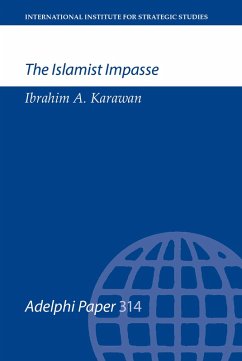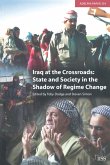The growth of Islamism is fuelled by social, economic and political discontent. Islamist movements are not passing phenomena, but the actual political threat they pose will depend mainly on their ability to form broad coalitions, and on the willingness of regimes to introduce badly needed reforms. However, Islamist movements are divided over key issues of strategy and tactics.
Regimes have exploited these divisions to contain their Islamist opponents, and have blended oppression and limited political accommodation to perpetuate their rule. Despite Islamist groups' transnational language and ideology, national and sub-national issues drive their actions. Region-wide developments - notably the 'oil revolution' of the 1970s and Arab military defeats by Israel - are important in understanding the overall political climate, but they will not be crucial in deciding the outcome of the Islamist-regime confrontation.
The influence of the West on Arab Islamism is also unlikely to be decisive. Islamist activism is stronger in areas with greater exposure to Western influences. States are therefore keen not to be seen as being too close to Western powers. In addition, there is no one Western stance towards Islamist movements, nor is there a unified assessment of the causes and policy implications of their resurgence. Contentious political issues confront Western powers, such as linking economic aid to human rights.
Political and militant movements operating under the banner of Islamism are diverse. Their deep differences over the best means to achieve their objectives fragment their ranks and undermine their effectiveness. Although Arab regimes face many challenges, they have shown greater political resilience than analysts have expected.
Dieser Download kann aus rechtlichen Gründen nur mit Rechnungsadresse in A, B, BG, CY, CZ, D, DK, EW, E, FIN, F, GR, HR, H, IRL, I, LT, L, LR, M, NL, PL, P, R, S, SLO, SK ausgeliefert werden.









